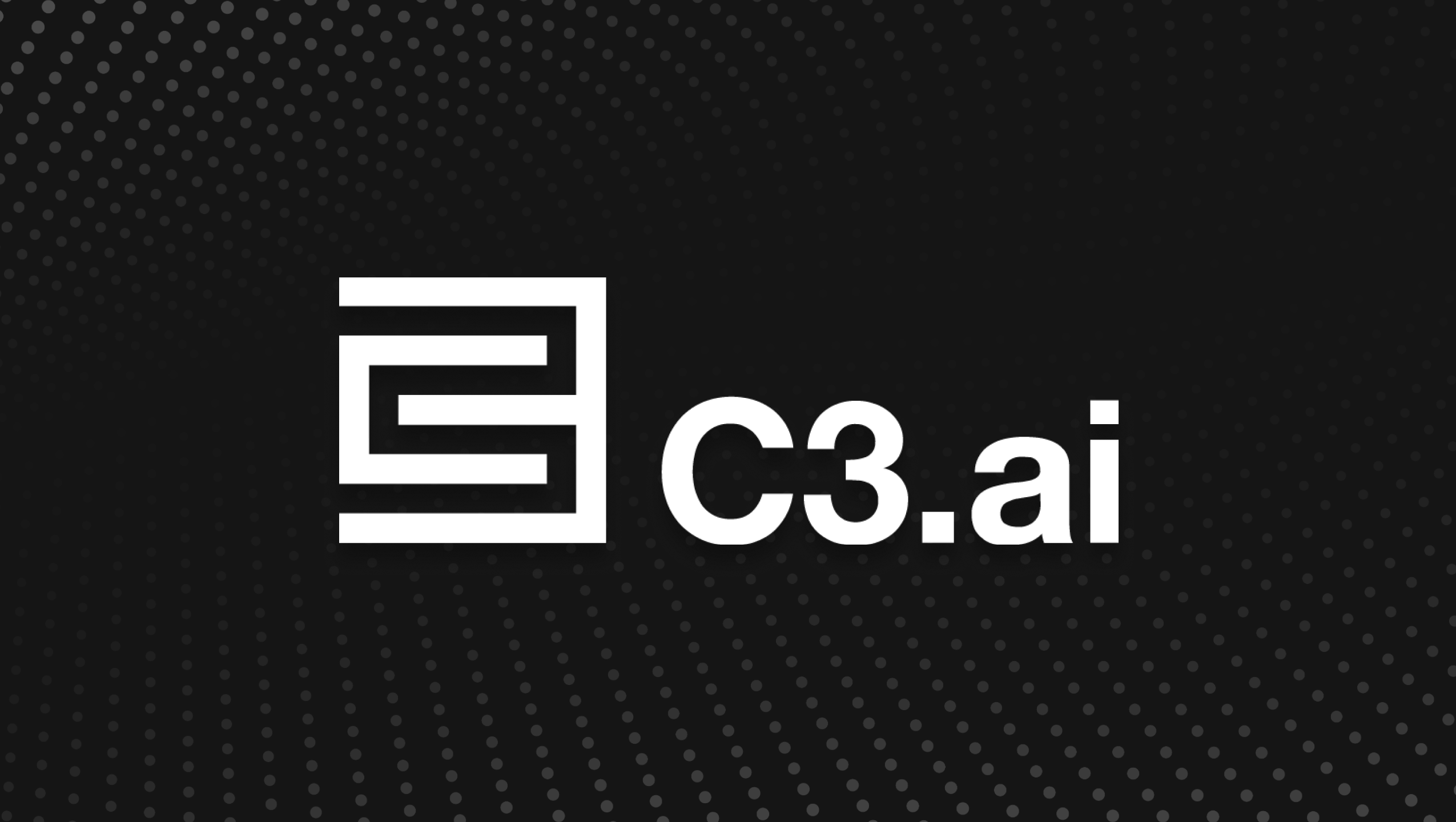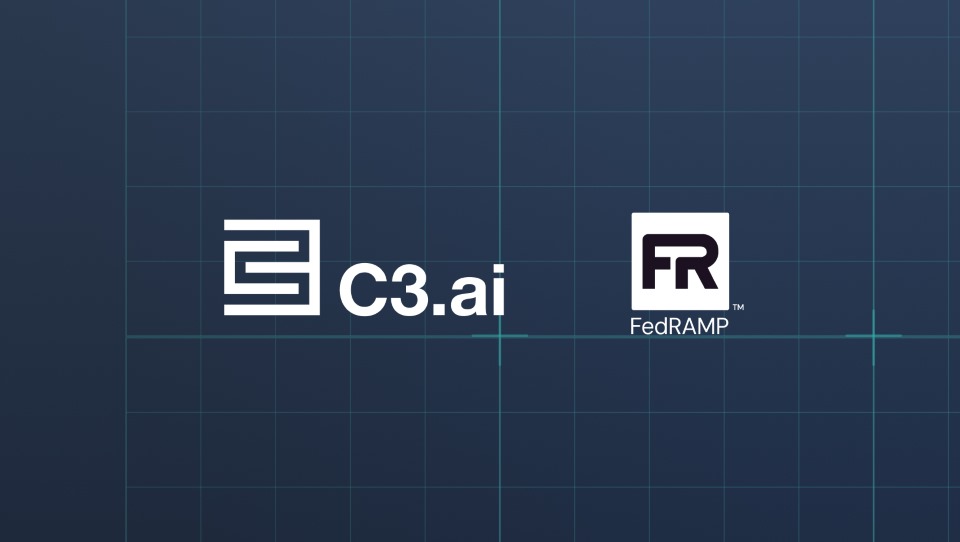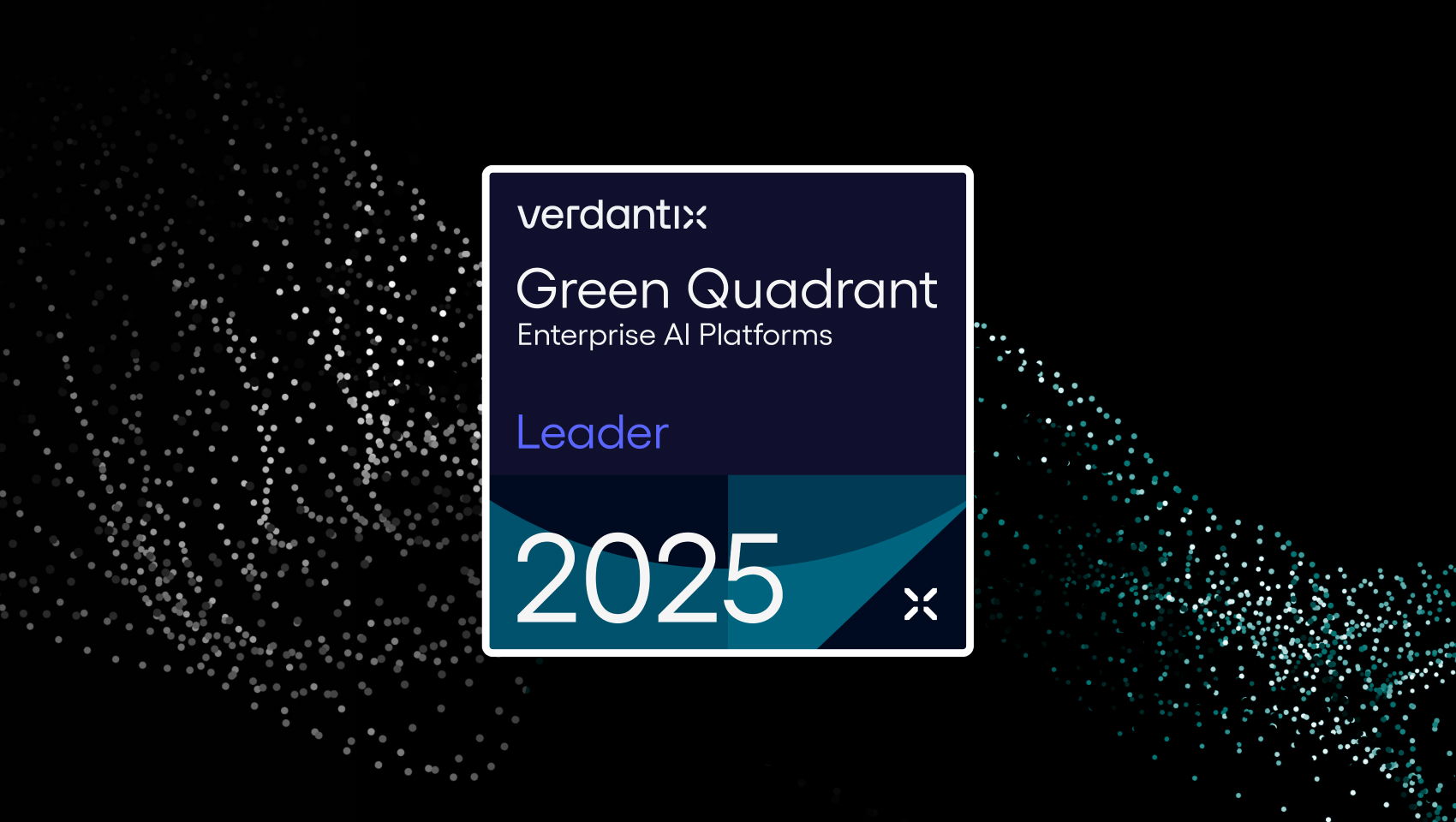Vertically focused artificial intelligence developer C3 AI Inc. today launched a set of 28 domain-specific generative AI offerings aimed at the specific needs of a variety of industries, business processes and enterprise systems.
The C3 Generative AI Suite is built on its C3 AI Platform, which provides a single workspace for the development, testing and deployment of AI models. The company said they address the security and trust problems that are inherent in large language models intended for broad use.
First released in March 2023, C3’s initial generative AI models have already been adopted by large companies such as Georgia-Pacific LLC, Flint Hills Resources LLC, Nucor Corp., Consolidated Edison Inc. and the U.S. Missile Defense Agency, the company said.
All can be deployed on any cloud platform and support a wide variety of AI models with more to come. The platform works on structured and unstructured textual data and can also orchestrate inferences from machine learning and deep learning models as another source of information to answer user queries.
In addition to the broader industry- and use case-focused models, C3 AI also offers fine-tuned LLMs for specific tasks such as question answering, chat, summarization, retrieval and orchestration, said Nikhil Krishnan, chief technology officer for products.
“For example, we have fine-tuned LLMs that are effective at generating C3 AI’s domain-specific language, allowing us to interrogate our vertical or domain-specific metadata-based object models in areas like manufacturing, financial services, oil and gas, supply chain and reliability,” he said in emailed comments. “These fine-tuned LLMs are highly performant at specific tasks.”
Source visibility
C3 AI recommends using retrieval-augmented generative AI, a framework for retrieving facts from an external knowledge base that ensures that the model has access to the most current information and users have visibility into sources. “This approach helps us separate the LLM from a customer’s proprietary data and avoids many of the downsides of using a consumer-facing generative AI tool in the enterprise context, such as the lack of traceability and hallucination,” Krishnan said. “It allows C3 Generative AI to minimize hallucination and present full references to sources for users to validate answers and investigate further.”
The company said its domain-specific object models are tuned to capture and model the specific entities and their relationships in each vertical industry or functional domain using a patented, metadata-based, model-driven architecture that is an abstract representation of a given entity such as a piece of equipment and the data types, data interconnections and processes associated with it.
While models can be tuned to a company’s unique lexicon or vocabulary, “in most cases, our fine-tuned LLMs meet the needs of most enterprise use cases,” he said.
Rapid retrieval and comparison
In the case of Georgia-Pacific, machine operators use C3 AI’s generative engine to get quick access to information residing in lengthy operating manuals and retrieve sensor data through a search and chat interface to reduce diagnosis and repair times, Krishnan said. The U.S. Missile Defense Agency uses it to analyze, summarize and compare flight test data so analysts can quickly see differences between multiple flight tests without manually looking at hundreds of data elements for each flight test.
C3 AI said its deployments deliver deterministic answers rather than random ones and that results can be immediately traced to the source. The LLM is firewalled from source data to minimize the risk of data exfiltration and LLM-caused cyberattacks. Enterprises can also apply cybersecurity controls such as encryption and multifactor authentication, specify that models operate only on enterprise-owned and licensed data, and allow enterprises to interchange LLMs at will.
The deployments support the customer through the process of bringing its generative AI application into production for up to 12 weeks at a cost of $250,000 after which charges are levied on a virtual CPU/virtual graphics processing unit basis with volume discounts.
Addressing top enterprise concerns
The company quoted Ritu Jyoti, group vice president of the worldwide AI and automation research practice and global AI research lead at International Data Corp. as saying that C3 AI’s domain-specific AI offerings satisfy concerns about such issues as data privacy, hallucination issues, intellectual property liability exposure and auditability, “but also support deep domain models that mediate access to structured and unstructured datasets, which is how enterprises will realize the most value with generative AI.”
Specific offerings are now available for the aerospace, financial services, healthcare, intelligence, manufacturing, energy, telecommunications and utilities industries.
Supported business processes include customer service; energy management; environmental, social and corporate governance; finance, human resources, process optimization, reliability, sales and supply chain.
Supported enterprise systems include the Databricks Inc. lakehouse, Microsoft Corp. Dynamics 365, Oracle Corp. enterprise resource planning and NetSuite, Palantir Technologies Inc.’s analytics platforms, Salesforce Inc., SAP SE, ServiceNow Inc., Snowflake Inc. and Workday Inc.
All are available from the company or in the Google, AWS and Microsoft Azure marketplaces.




